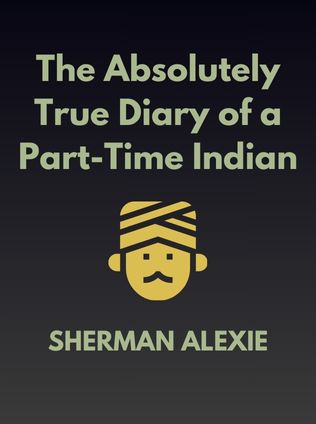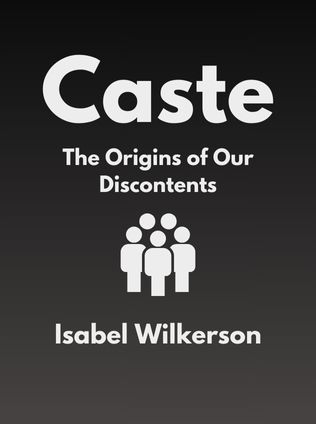
The 1619 Project
A New Origin Story
By Nikole Hannah-Jones
Published 08/2019
About the Author
Nikole Hannah-Jones is an award-winning investigative journalist, recognized for her work in highlighting racial injustices in the United States. A staff writer for The New York Times, Hannah-Jones has won numerous accolades, including the Pulitzer Prize, the Peabody Award, two George Polk Awards, and three National Magazine Awards. Her contributions to journalism and her deep commitment to uncovering the true narrative of America's history are encapsulated in her seminal work, The 1619 Project, which she edited and co-created with The New York Times.
Main Idea
The 1619 Project is an anthology of essays that reexamines American history, centering the institution of slavery as the foundation of the nation’s development. The book posits that American history truly began in 1619, when the first enslaved Africans arrived in what would become the United States. Hannah-Jones and her co-authors argue that the contributions of enslaved Black Americans were fundamental to the nation’s prosperity and that their exclusion from the traditional narrative of America's founding continues to perpetuate racial inequalities. The work challenges the conventional stories of America’s origins, proposing a reframed history that recognizes the deep and enduring impacts of slavery on modern American society.
Table of Contents
- The Real Story of America
- The Impact of Slavery on American Economy
- The Myth of the Free Abolitionist North
- The Lasting Effects of Slavery on Modern Systems
- The Call for Reparations
The Real Story of America
The traditional narrative of American history begins with the arrival of the Pilgrims on the Mayflower in 1620. However, Hannah-Jones argues that the true beginning of American history should be marked by the arrival of the first enslaved Africans in 1619. This moment, she asserts, set the stage for the economic and social structures that would define the emerging nation.
One of the myths that The 1619 Project seeks to dispel is the idea that the success of the American colonies was solely due to the hard work and ingenuity of the colonists. In reality, the survival and prosperity of these early settlements were largely dependent on the forced labor of enslaved Africans. As the book explains:
"The colonists did not simply work their way to prosperity; they were aided by the uncompensated and often brutal labor of enslaved Africans who cleared the land, built homes, and established the agricultural economy that would sustain the colonies." — Nikole Hannah-Jones
Enslaved Africans contributed not only their labor but also crucial knowledge, such as agricultural techniques that were vital to the colonies' survival. For example, they taught colonists how to cultivate rice, a crop that would become a staple in the colonial economy. These contributions were foundational to the economic growth of the colonies, yet they are often omitted from traditional accounts of American history.
Sign up for FREE and get access to 1,400+ books summaries.
You May Also Like
Freakonomics
A Rogue Economist Explores the Hidden Side of Everything
By Steven D. Levitt and Stephen J. DubnerI Am Malala
The Story of the Girl Who Stood Up for Education and Was Shot by the Taliban
By Malala Yousafzai



















